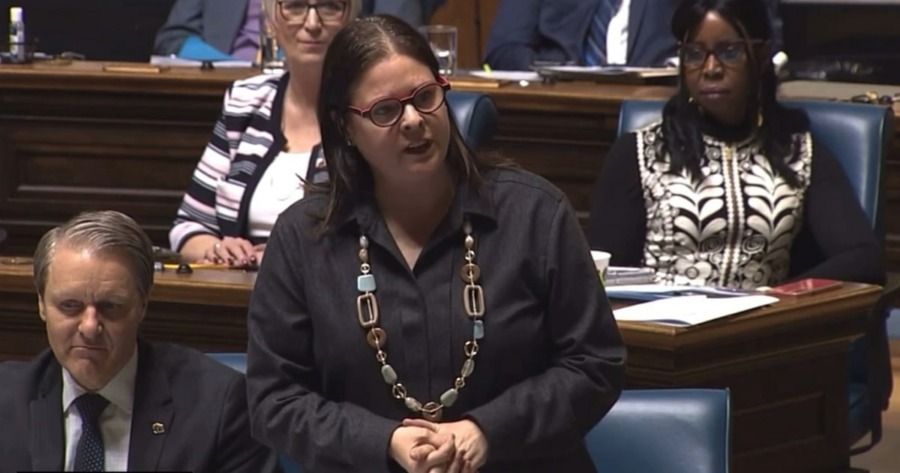Manitoba PC’s Recent Advertisements: A Tasteless Campaign Issue
- Kingston Bailey
- Elections
- Trending
- Western Canada
- September 28, 2023

The battleground is characterized by heated debates, differing ideologies, and the occasional controversial political advertisement. Recently, the Manitoba Progressive Conservatives (PCs) sparked outrage with their advertisements, highlighting their decision not to allocate government funds to search landfills for the bodies of missing Indigenous women. This approach to a sensitive issue has been met with widespread criticism, as many argue that it is not just a matter of budgeting but a question of ethics, empathy, and human rights.
The ad, emblazoned with the slogan “Stand firm against the unsafe $184 million land dig,” has left many questioning the motives behind turning a serious and tragic matter into a political campaign issue. While budget constraints can be a legitimate concern for any government, the decision to feature it prominently in a political campaign is seen by many as deeply insensitive.
The issue is not just about fiscal responsibility but the relationship between the Indigenous communities and the Manitoba government. The handling of this situation underscores the already rocky relationship between the two parties.
Lack of Empathy: The PC’s decision to use the issue of searching for missing Indigenous women’s bodies as a campaign issue demonstrates a lack of empathy and understanding for the deep pain and suffering experienced by these communities. It sends a message that their concerns are being trivialized for political gain.
Human Rights Concerns: Searching for the remains of missing Indigenous women is not just a matter of finances but a human rights issue. These women and their families deserve justice and closure. By framing it as a budgetary problem, the government neglects its responsibility to address this pressing matter.
Trust Erosion: Indigenous communities have long struggled with issues of trust and communication with government authorities. This advertisement further erodes trust by making it seem like the government is more concerned with its financial bottom line than the well-being of Indigenous people.
Polarizing Politics: Using such a sensitive issue as a campaign tool further polarizes the political landscape. It pits one group against another and hinders the prospects for constructive dialogue and collaboration between the government and Indigenous communities.
The Manitoba PCs, highlighting their reluctance to allocate funds for searching landfills for the bodies of missing Indigenous women, have struck a nerve with many. Using this issue as a campaign tool only exacerbates the strained relationship between the Indigenous communities and the Manitoba government. Political leaders must approach such sensitive matters with the seriousness and respect they deserve, recognizing that these issues go beyond politics and budgets—they touch the lives and wellbeing of real people.








